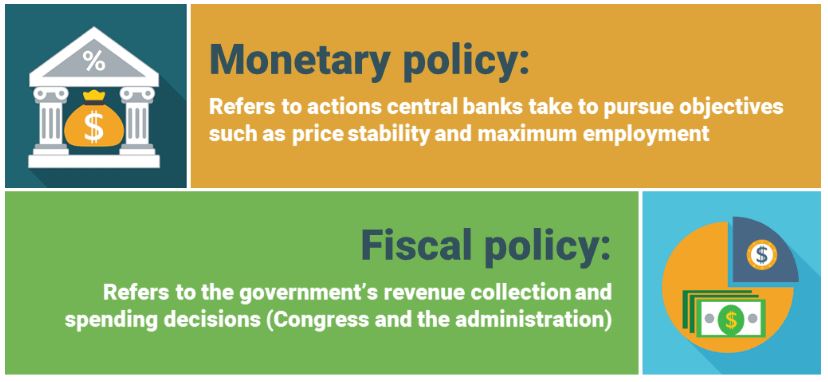An Evaluation of Monetary and Fiscal Policy Effectiveness within the EU (2016)
The issue of monetary and fiscal policy within the EU is strongly debated at this moment in time. This is particularly true with the unconventional monetary policies being put in place for the first time by the European Central Bank such as quantitative easing; as the economy looks to recover from the sovereign debt crisis of 2008. This dissertation seeks to answer the following research questions: (1) Was the lack of a fiscal union a key contributing factor to the crisis? (2) Can a monetary union be effective without a unified fiscal policy to support it? (3) Has there been increased conformity in these key indicators since the crisis?
With these questions in mind, a literature review is undertaken to discuss and analyse the key issues within the European Union and beliefs and approaches regarding fiscal and monetary policy, including the heavily debated topic of whether or not a fiscal union is required.
This dissertation also carries out a study of income and corporate taxation rates and expenditure figures for seven key EU countries in order to answer the above research questions. A clear pattern of convergence is seen in the taxation rates and allows us to conclude that there has been increased conformity in key fiscal indicators since the sovereign debt crisis of 2008. We then link these findings back to the literature review and show that they fit with the beliefs of a large amount of previous academic work in the field.
Our findings suggest that there has been increased fiscal conformity since the crisis and also that the lack of fiscal conformity (not necessarily achieved through the presence of a fiscal union) was a key contributing factor to the crisis. Finally we also find that there can be an improved level of fiscal conformity without a fiscal union within a monetary union however we are unable to say conclusively that a monetary union can be effective without a unified fiscal policy.
This dissertation aims to establish the answer to a number of questions that stem from the 2008 European sovereign debt crisis:
- Was the lack of a fiscal union a key contributing factor to the crisis?
- Can a monetary union be effective without a unified fiscal policy to support it?
- Has there been increased conformity in key fiscal indicators since the crisis?
- 12,000 words – 42 pages in length
- Excellent use of literature
- Excellent analysis of subject area
- Well written throughout
- Ideal for finance students
1 – Introduction
Overview of Research Aims and Strategy
Research Motivation
Introducing Monetary and Fiscal Policy
The Maastricht Treaty and the Stability and Growth Pact
Overview of Structure
2 – Literature Review
Can a monetary union be effective without the support of a fiscal union?
A monetary union can be effective without the support of a fiscal union
A monetary union cannot be effective without the support of a fiscal union
Was the lack of fiscal union a key reason behind the 2008 sovereign debt crisis?
The lack of a fiscal union was not a key reason behind the crisis
The lack of a fiscal union was a key reason behind the crisis
Shortcomings in the literature: Has there been increased fiscal conformity since the sovereign debt crisis hit?
Changing Role of the European Central Bank
Summarising the Literature
Anti Fiscal Union
Pro Fiscal Union
Lack of Fiscal Union was not key to Sovereign Debt Crisis
Lack of Fiscal union was key to Sovereign Debt Crisis
3 – Research Methodology
Sample Selection Criteria
Hypotheses Development and Reliability
Data
Top Band Personal Income Tax Rates (%)
4 – Findings
Income Tax Data
Corporate Tax Data
Total Tax Data
Government Expenditure Data
Implications of Findings
5 – Conclusion
Summary of the Results and their Implications
Limitations
Suggested Areas for Future Research
References

